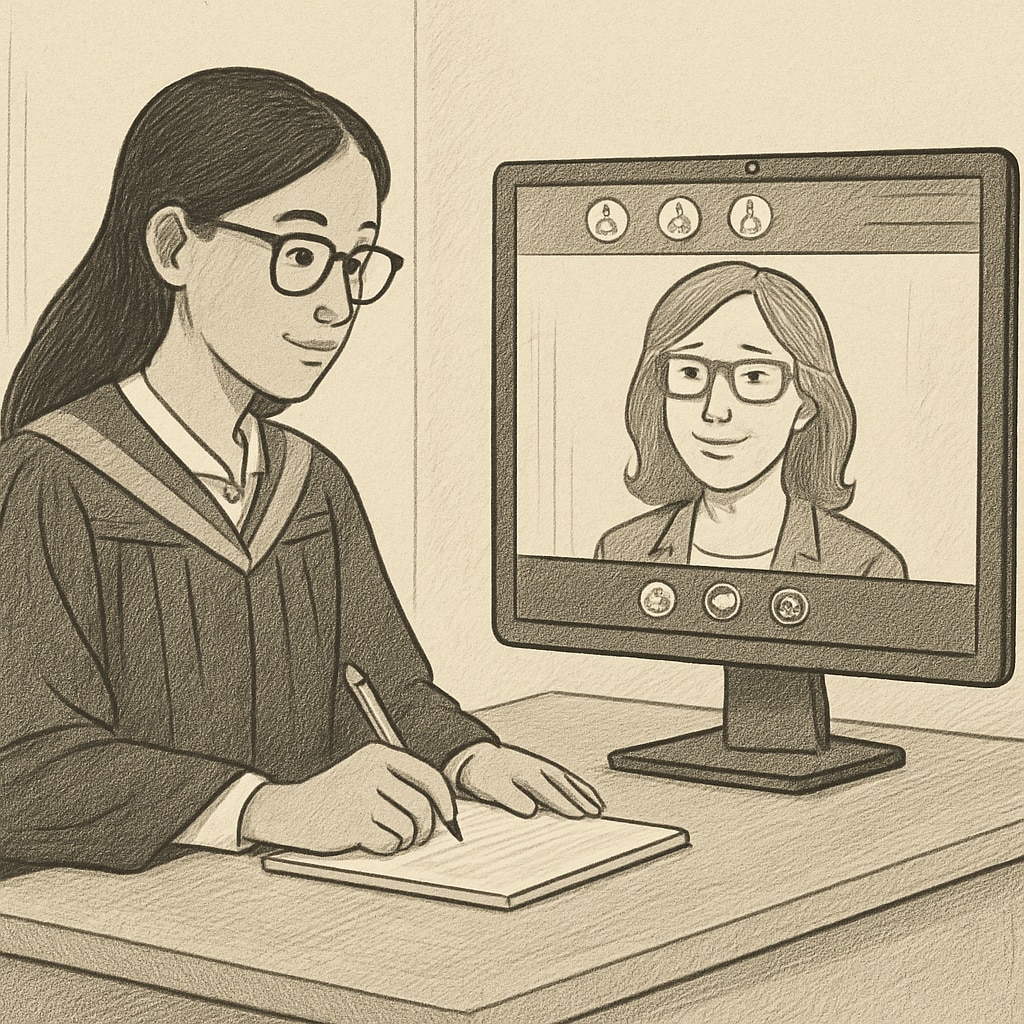For many graduate students, completing assignments necessitates direct engagement with professionals in the field. If your task involves seeking insights from K-12 school counselors, you’re in the right place. This article will guide you through the process of identifying, approaching, and interviewing school counselors to ensure your research assignment is both insightful and professionally executed.
Why Interview K-12 School Counselors?
School counselors play a critical role in the educational ecosystem, addressing students’ academic, social, and emotional needs. As such, interviewing them can provide valuable insights into how schools manage student well-being, implement counseling programs, and address challenges. For graduate students, these interviews offer a window into real-world applications while contributing to the quality and relevance of your research.

Finding the Right School Counselors to Interview
Identifying the right school counselor to interview requires a strategic approach. Here are some effective methods:
- Leverage Local Connections: Reach out to schools in your area or those you have connections with. Personal recommendations from teachers or administrators can help build trust.
- Professional Organizations: Many school counseling associations, such as the American School Counselor Association, maintain directories of members who may be open to interviews.
- Online Platforms: Platforms like LinkedIn can help identify school counselors willing to share their expertise. Be sure to craft a professional and concise message introducing yourself and your project.
- Community Outreach: Attend local educational events or school board meetings to network with educators and counselors in person.
Remember to respect privacy and institutional protocols when reaching out to potential interviewees. Always be clear about your intentions and how their input will contribute to your research.
Crafting Your Outreach Message
Once you’ve identified potential interviewees, the next step is to craft an effective outreach message. Here’s what to include:
- Introduce Yourself: State your name, academic program, and the purpose of your research.
- Explain the Purpose: Outline how their expertise as a K-12 counselor aligns with your research objectives.
- Provide Details: Mention the format of the interview (in-person, phone, or online), its estimated duration, and any specific topics you’ll cover.
- Respect Their Time: Offer flexible scheduling options and express gratitude for their consideration.
For example, your message might look like this:
“Dear [Counselor’s Name],
My name is [Your Name], and I am a graduate student at [University Name] studying [Program Name]. I am conducting research on [Research Topic], and I believe your expertise as a K-12 school counselor would provide invaluable insights.
Would you be open to a brief [format] interview lasting approximately [duration]? I am happy to accommodate your schedule and provide any additional information you may need. Thank you for considering this request.”
Conducting a Professional Interview
Once your interview is scheduled, preparation is key. Follow these steps to ensure a productive session:
- Do Your Research: Familiarize yourself with the school’s counseling program, if possible. This shows respect for the counselor’s time and expertise.
- Prepare Questions: Develop open-ended questions that encourage detailed responses. Focus on specific themes relevant to your research.
- Test Your Equipment: If conducting the interview virtually, ensure your microphone, camera, and internet connection are reliable.
- Be Punctual: Start and end the interview on time. Respecting the counselor’s schedule is crucial.
- Show Gratitude: Thank them for their time and insights, both during the interview and in a follow-up email.

Making the Most of the Experience
After the interview, take time to reflect on the insights gained. Organize your notes, identify key themes, and consider how their responses align with the goals of your research. If applicable, share a summary of your findings with the interviewee as a gesture of appreciation.
Additionally, consider how this experience can enhance your professional growth. Interviews with school counselors not only enrich your academic work but also provide networking opportunities and a deeper understanding of the education system.
By following these steps, you can complete your graduate assignment with confidence while building meaningful connections in the field of education.
Readability guidance: This article is structured with clear headings, short paragraphs, and bullet points to enhance readability. Transitions like “for example,” “in addition,” and “as a result” have been used to ensure a smooth flow of information.


